Retinol Creams: Skin Renewal Process
Introduction to Retinol
Retinol, a derivative of Vitamin A, has become a buzzword in the skincare world, renowned for its remarkable benefits in skin renewal and anti-aging. This blog post delves into the science behind retinol creams and their transformative effects on the skin.
Understanding Retinol and Its Benefits

What is Retinol? Retinol is a type of retinoid, which is made from Vitamin A. It’s less potent than prescription retinoids but offers significant benefits with regular use.
Benefits of Retinol Retinol's primary advantage is its ability to accelerate skin renewal. It boosts collagen production, which reduces fine lines and wrinkles, and aids in skin cell turnover, resulting in a smoother, more even-toned complexion. Additionally, retinol can help unclog pores, making it beneficial for acne-prone skin.
How Retinol Works in Skin Renewal
The Science Behind Retinol When applied topically, retinol penetrates the outer layers of the skin and works to repair the lower layers where collagen and elastin reside. By stimulating collagen production and accelerating cell turnover, retinol helps to rejuvenate the skin at a cellular level.
Retinol and Skin Cell Turnover The skin naturally sheds dead cells, but this process slows down with age. Retinol helps to speed up this process, removing old cells and making room for new ones. This turnover is crucial for maintaining youthful, vibrant skin.
Incorporating Retinol into Your Skincare Routine

Starting with Retinol If you’re new to retinol, start slowly. Choose a product with a lower concentration of retinol and apply it once or twice a week, gradually increasing the frequency.
Pairing with Other Skincare Products Retinol can be potent, so it's essential to use it alongside a hydrating moisturizer and SPF during the day, as retinol can make your skin more sensitive to the sun.
Types of Retinol Creams

Over-the-Counter vs. Prescription Retinol Over-the-counter retinol creams typically have lower concentrations, making them suitable for most skin types. Prescription retinoids, on the other hand, are stronger and used for more severe skin issues.
Choosing the Right Product for Your Skin Consider your skin type and concerns when choosing a retinol cream. Those with sensitive skin might prefer a cream with a lower concentration of retinol and additional soothing ingredients.
Conclusion
Retinol creams are a powerhouse in the skincare industry, offering a multitude of benefits for various skin concerns. By understanding and correctly integrating retinol into your skincare regimen, you can achieve rejuvenated, youthful-looking skin.


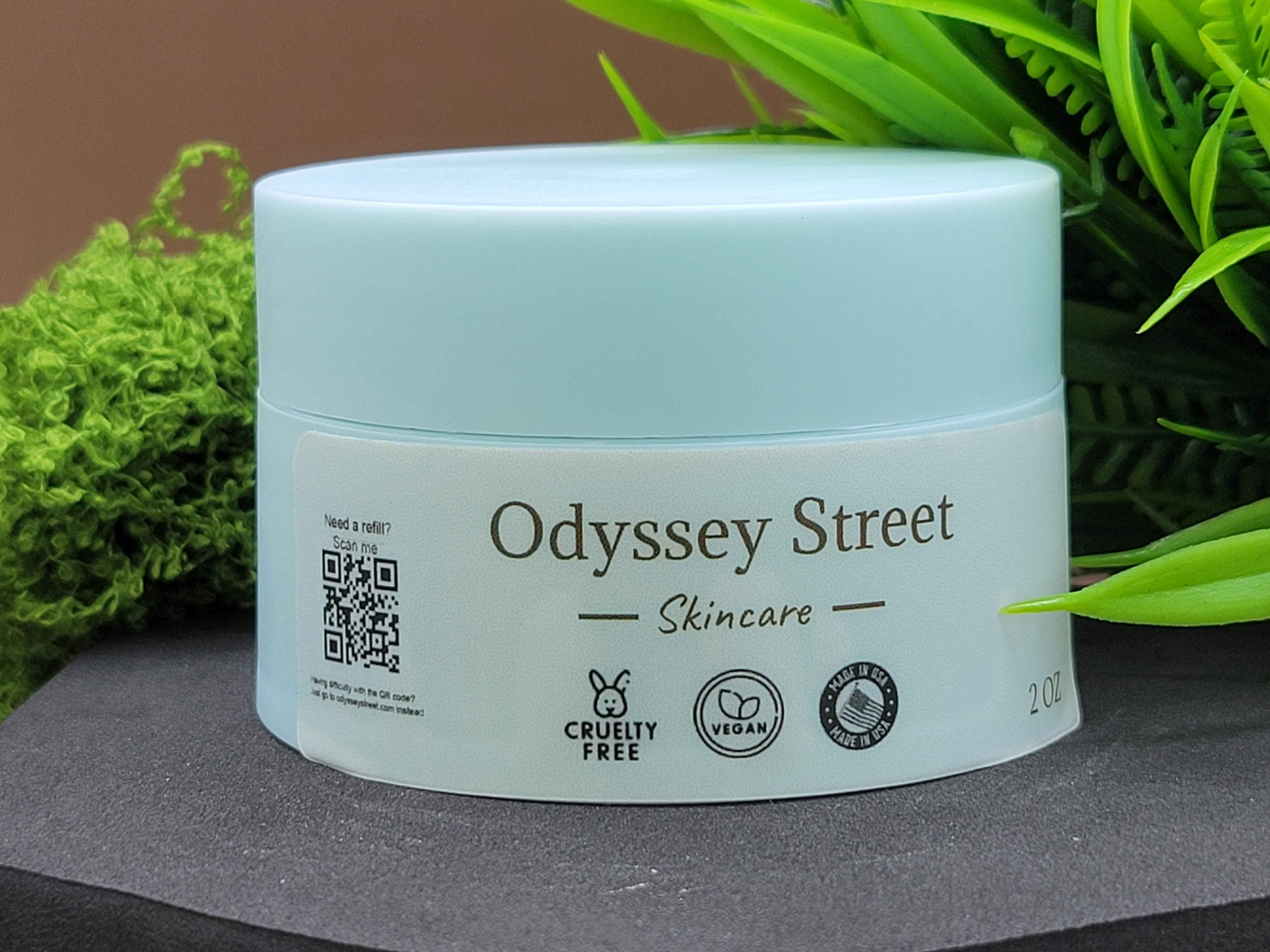
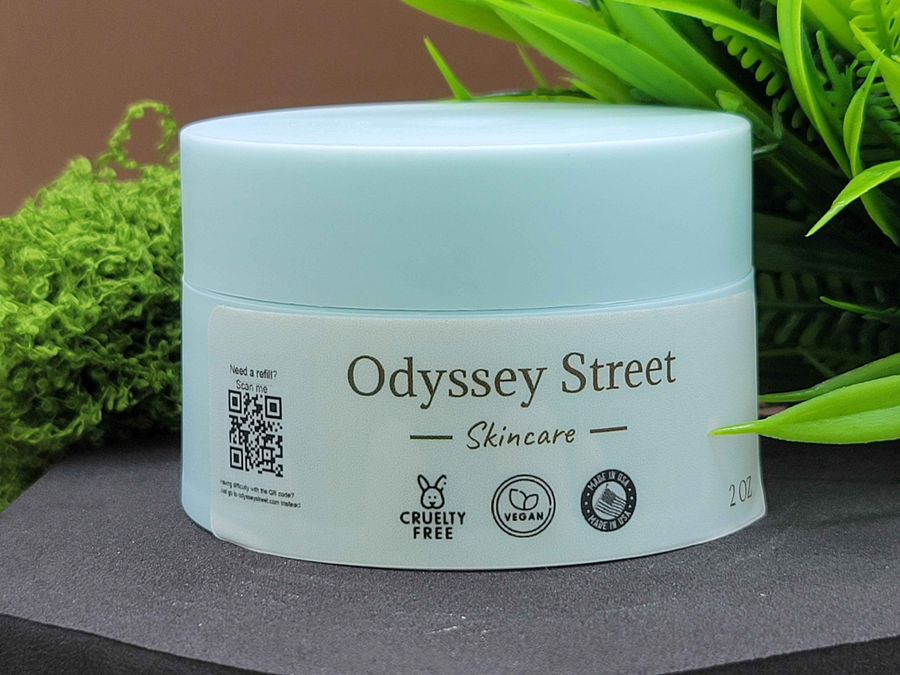
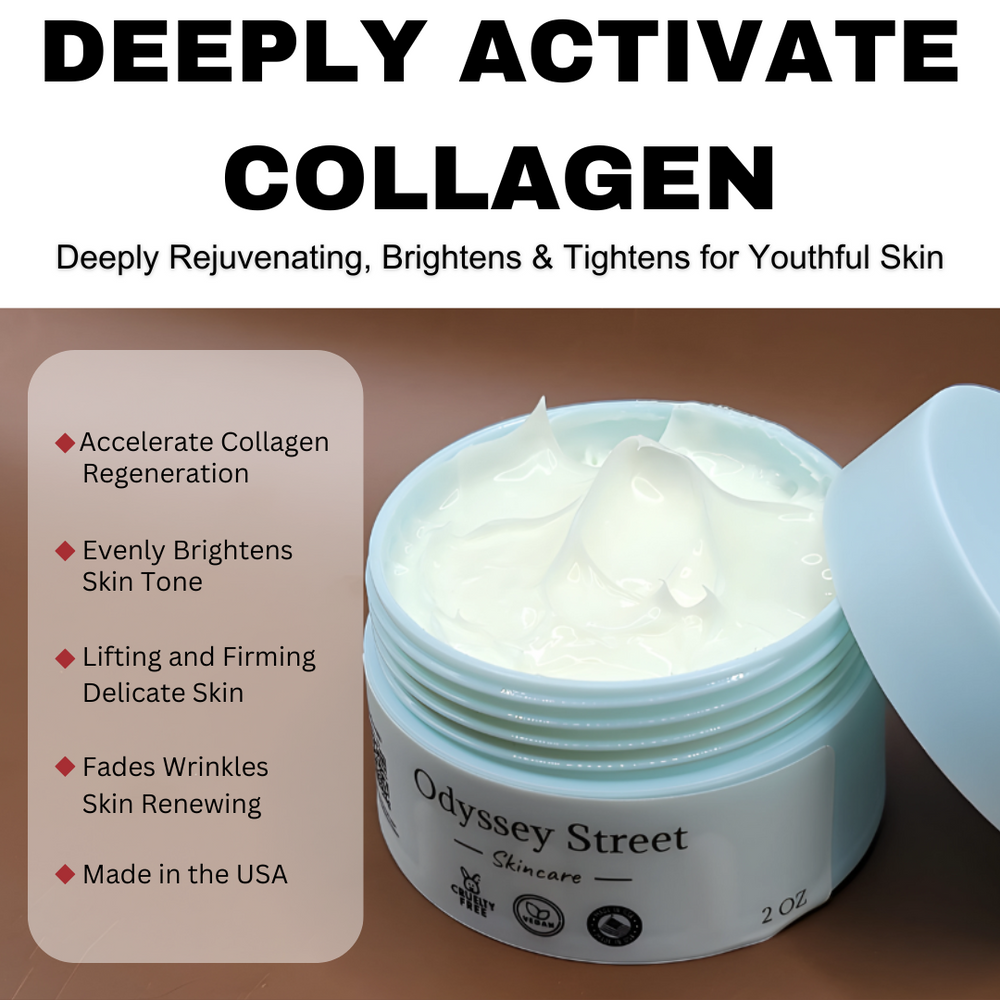


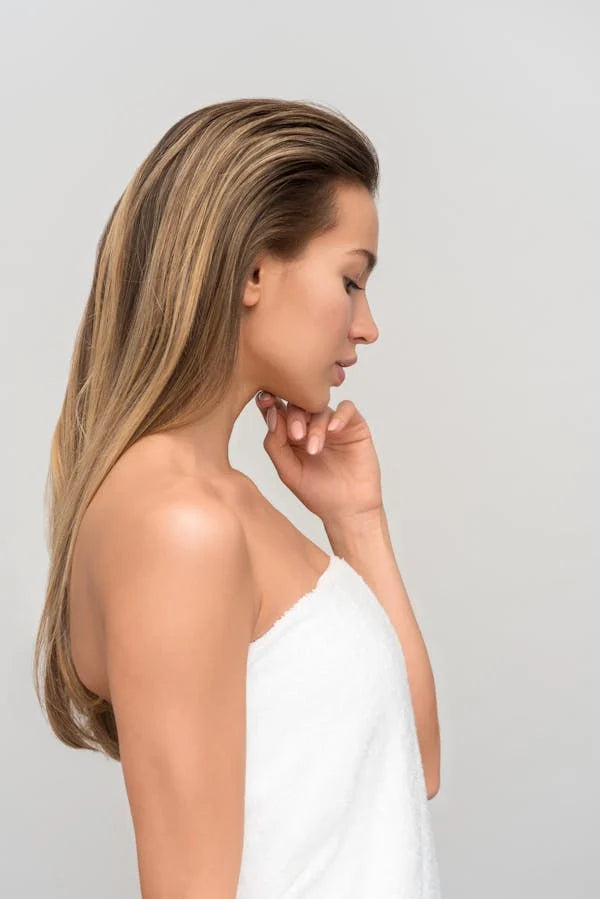

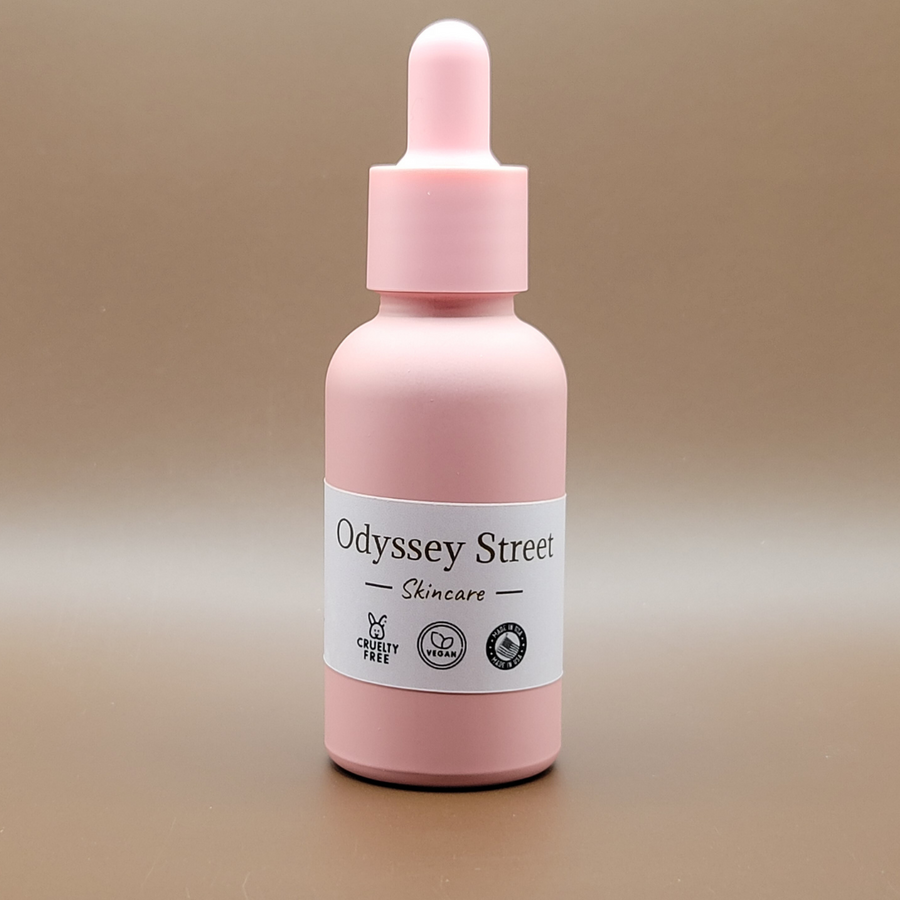
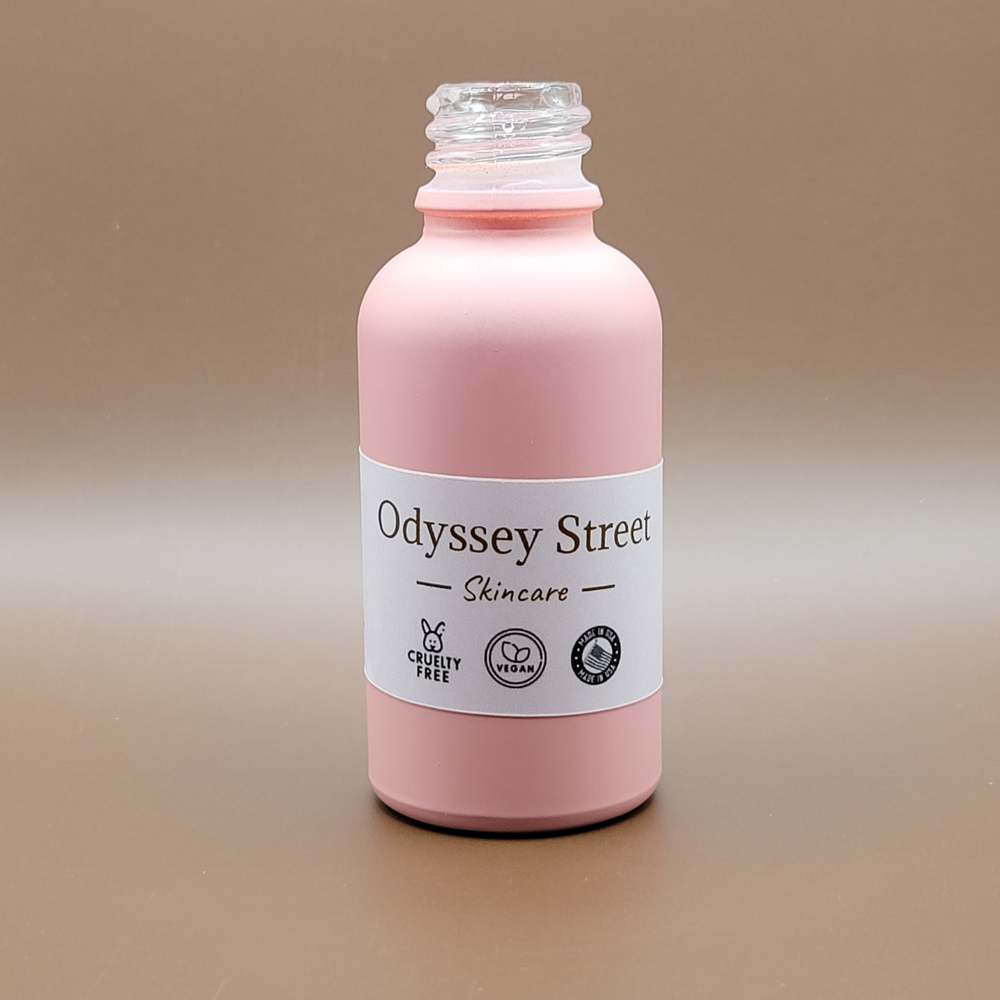
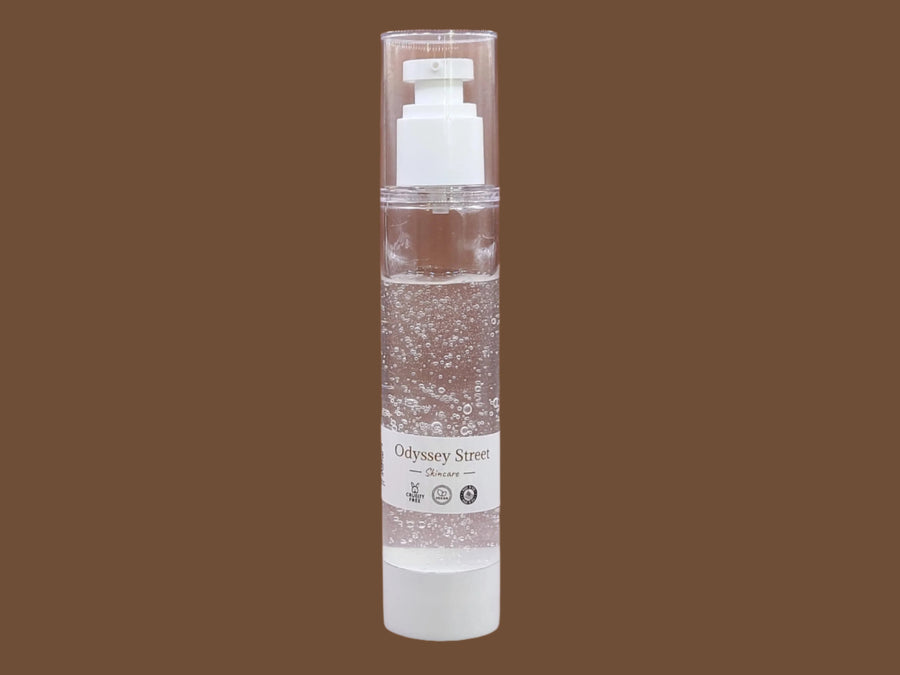
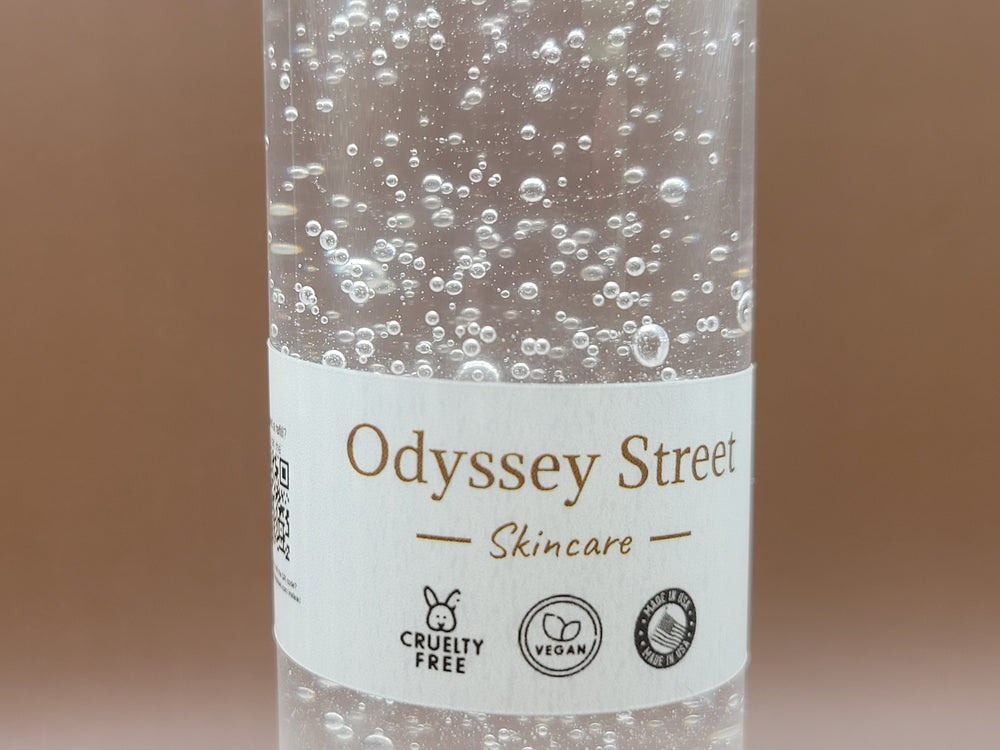
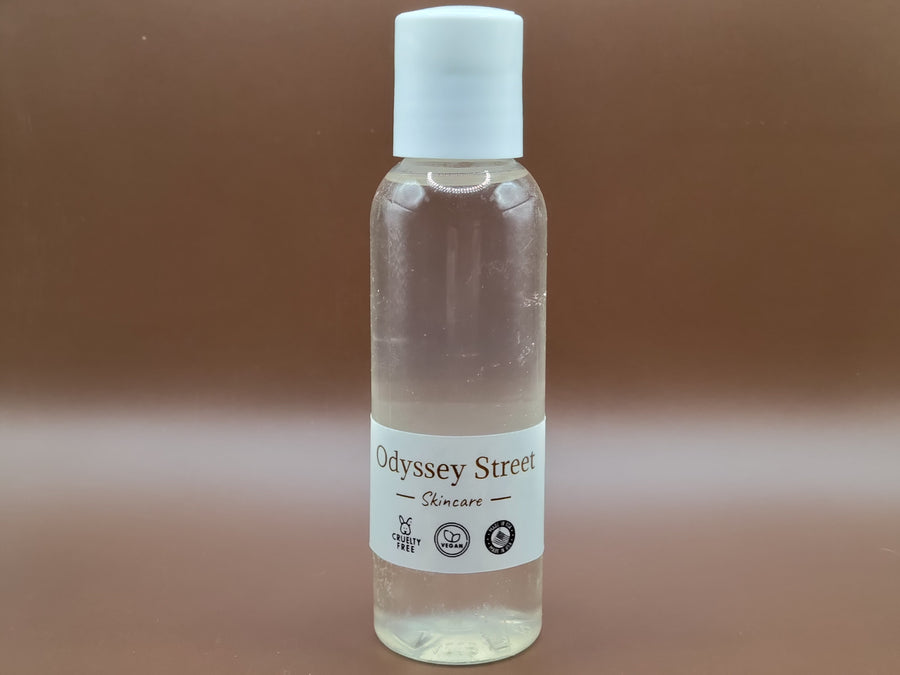
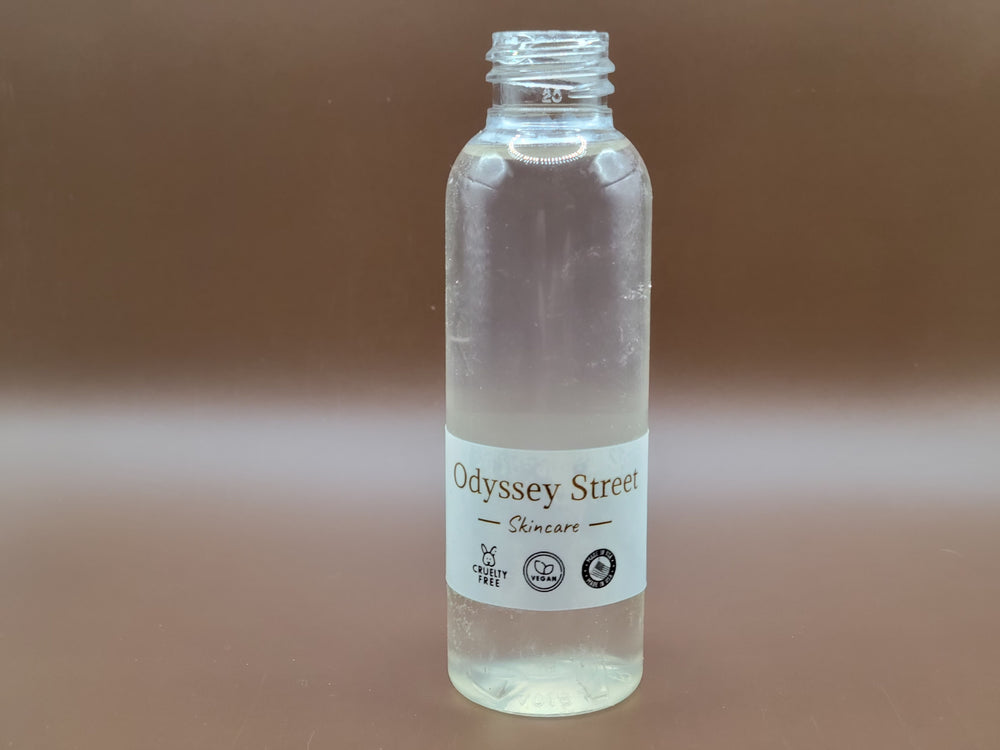
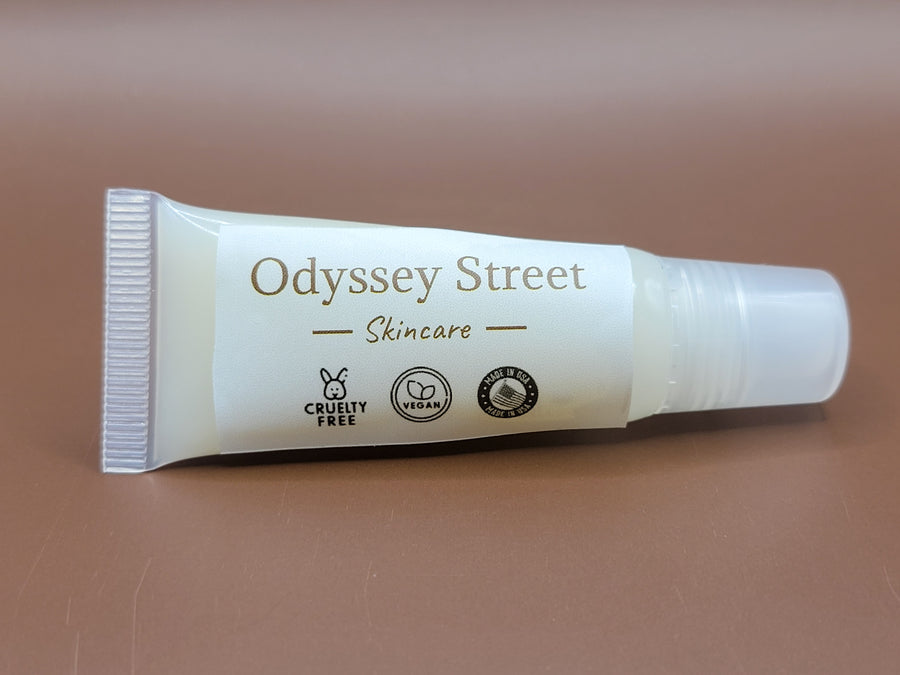
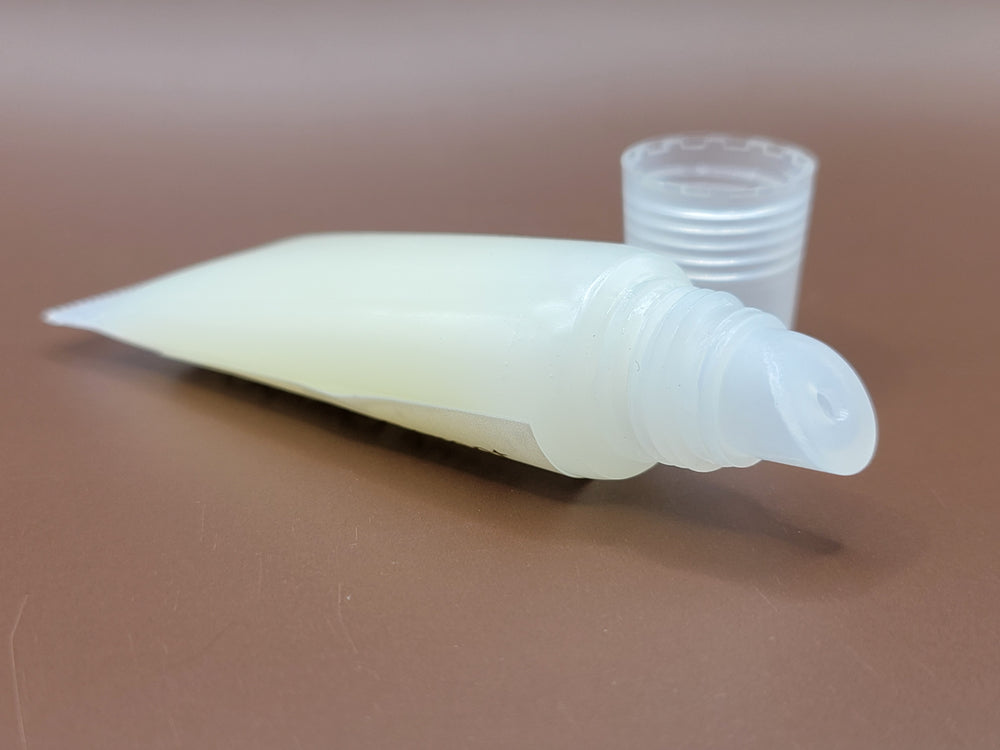
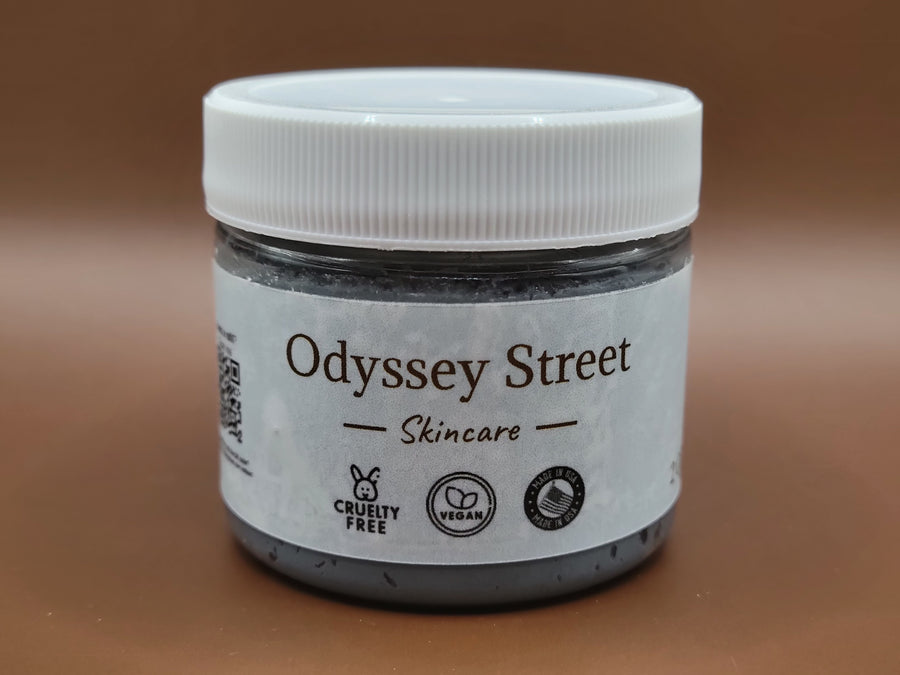
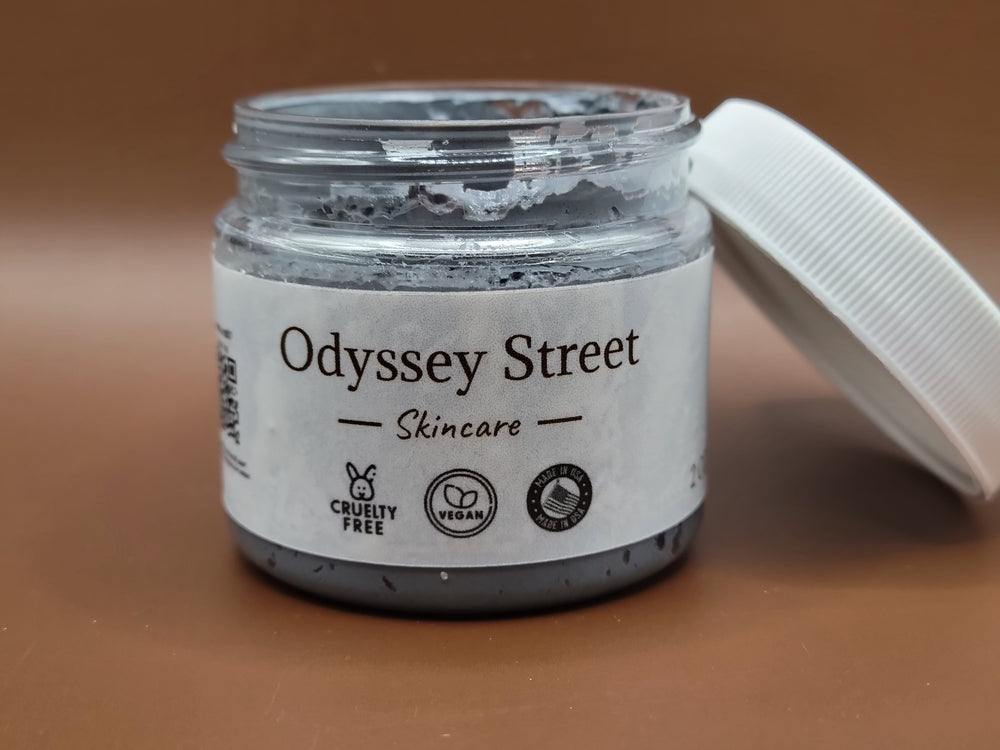
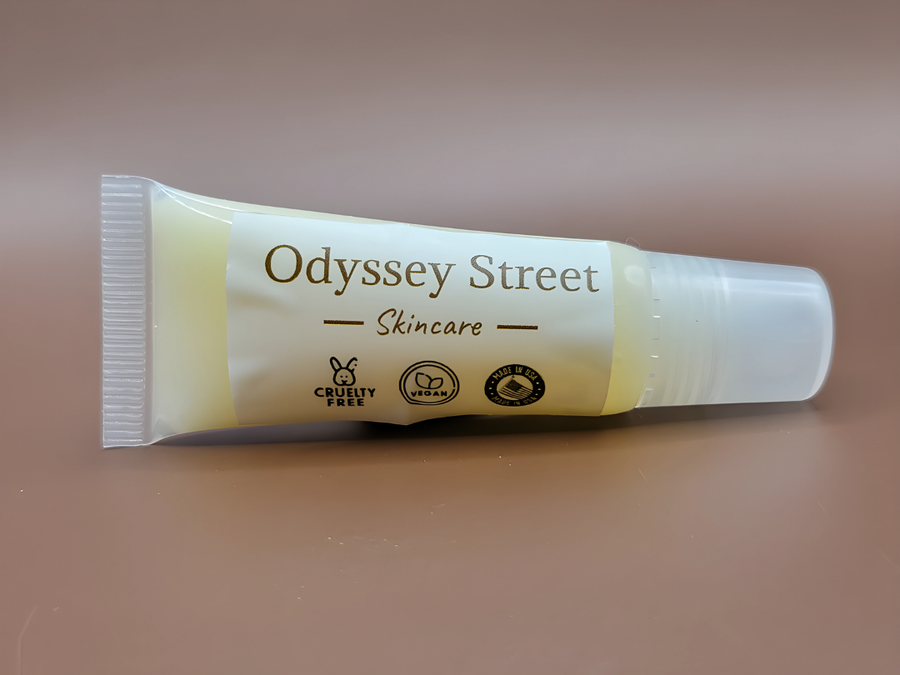
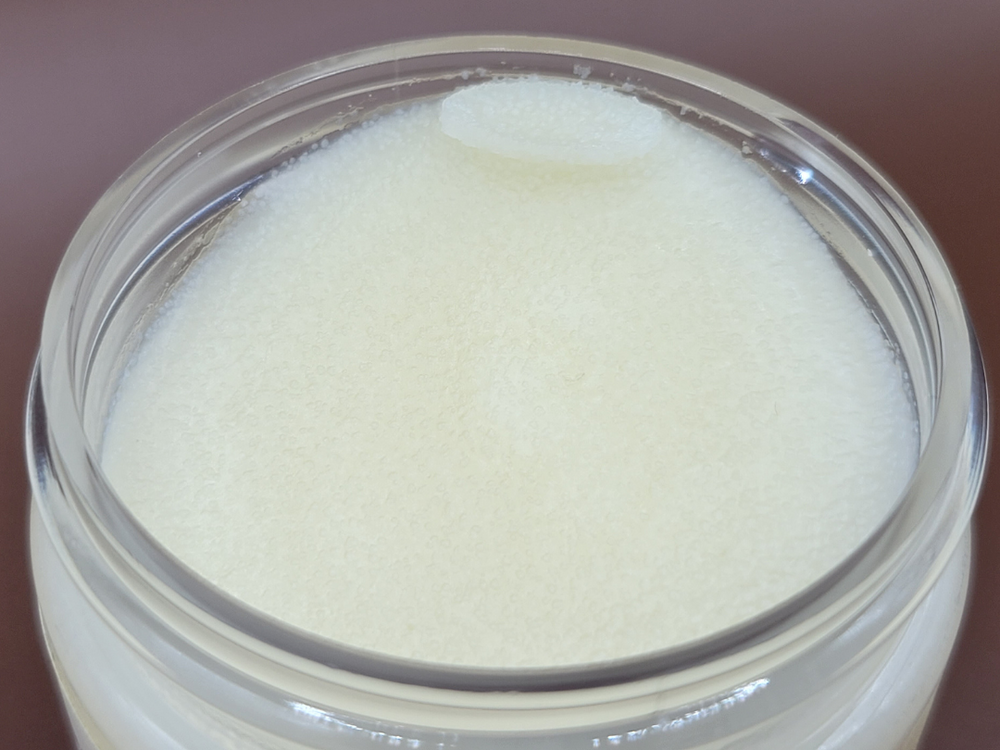
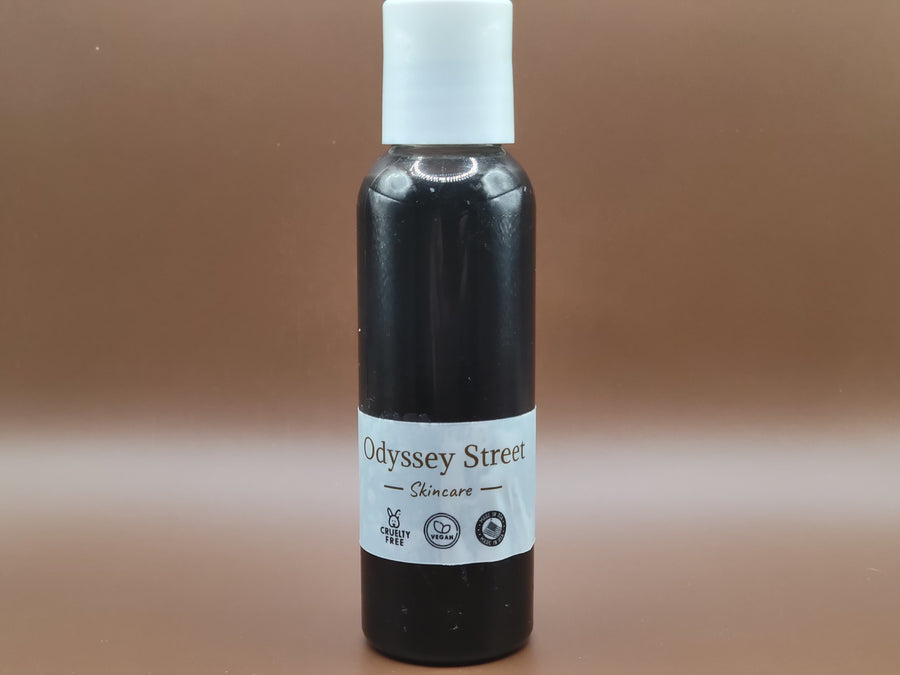
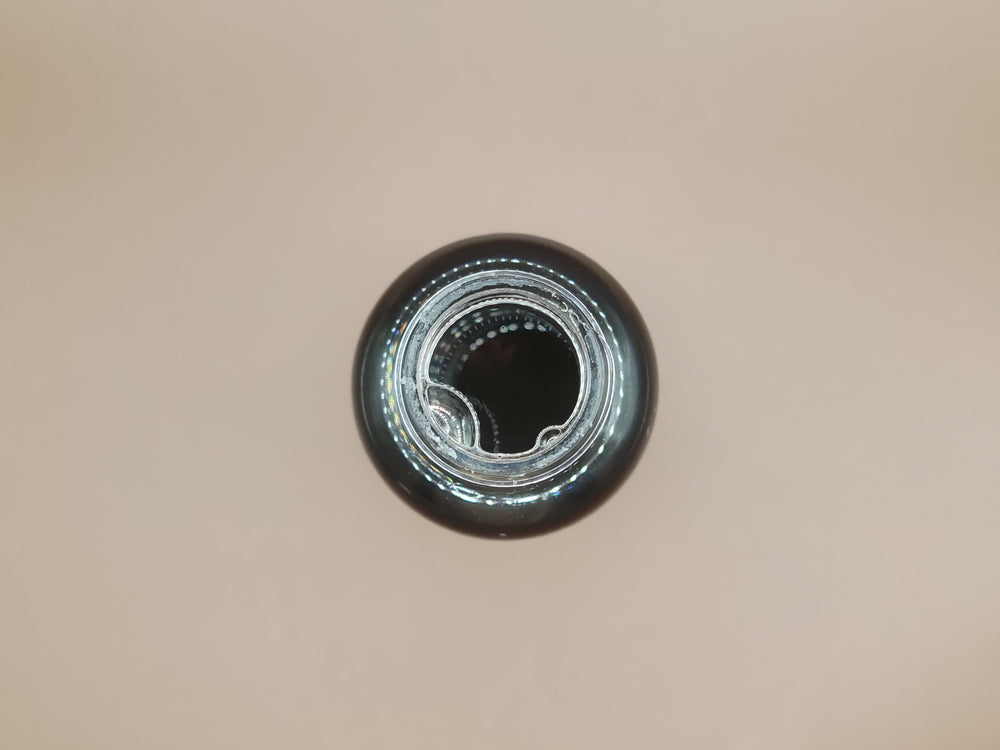
Leave a comment